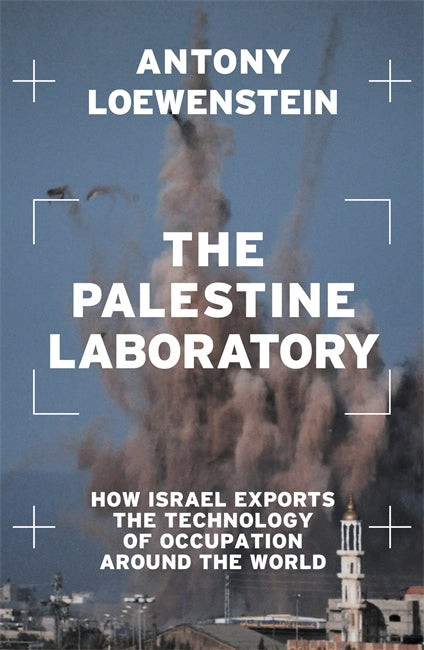Popular Reads
Top Results
Can't find what you're looking for?
View all search resultsPopular Reads
Top Results
Can't find what you're looking for?
View all search resultsClimate change may zap male fertility, scientists find
Change text size
Gift Premium Articles
to Anyone
W
ould-be fathers have long been advised to wear boxer shorts and avoid hot tubs, to avoid too much heat damaging their reproductive chances.
Now it turns out the same effect - but caused by stronger heatwaves driven by climate change - may be behind huge declines in insect numbers, scientists said in a study published Tuesday in the journal Nature Communications.
They found that male red flour beetles exposed to a heatwave in the lab had half the expected number of offspring, and that exposure to a second heatwave, 10 days later, virtually sterilized the males.
Male flour beetles sired by heat-damaged fathers also lived shorter lives themselves and had much less success reproducing, said Matt Gage, a biologist at the University of East Anglia and head of the research team.
While fewer pests in your flour might sound like good news, it appears the same principles might apply further up the food chain as well - including potentially to people.
“We’ve known for hundreds of years that male fertility is sensitive to heat,” Gage told the Thomson Reuters Foundation.
But, in particular, “the trans-generational effect was very surprising” in the new research, he said.
“Effectively we’re heating the planet up and that’s stopping us from reproducing.”
A 2017 study published in Science magazine found that flying insect populations in German nature reserves had plunged more than 75 percent over about 30 years.
Read also: Nuts may boost male fertility: Study
Gage’s team believes that may be linked to an increasing number of heatwaves over those decades - a concern for the planet’s biodiversity - and potentially for would-be parents - as climate change brings hotter, longer heatwaves.
Birth rates among people already dip in very hot periods, and not just because the prospect of a particularly sweaty tryst can sound fairly unappealing, scientists believe.
A study published in the journal Demography this year found that “sexual behavior probably wasn’t the explanatory factor” behind dips in conception during heatwaves, Gage said.
Instead, excess heat may have damaged sperm, leading to the risk of genetic damage and making a successful pregnancy less likely, he said.
Could doctors one day issue alerts warning would-be parents to avoid conceiving during heatwaves, to avoid potential genetic damage?
Gage isn’t so sure.
“We’d really like to know what the mechanism of this trans-generational damage is,” he said. “We know radiation causes mutations in offspring. It’s possible heat could be doing similar things.”
Regardless, the new study’s findings “are very important for understanding how species react to climate change,” he noted.











